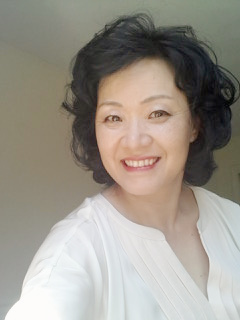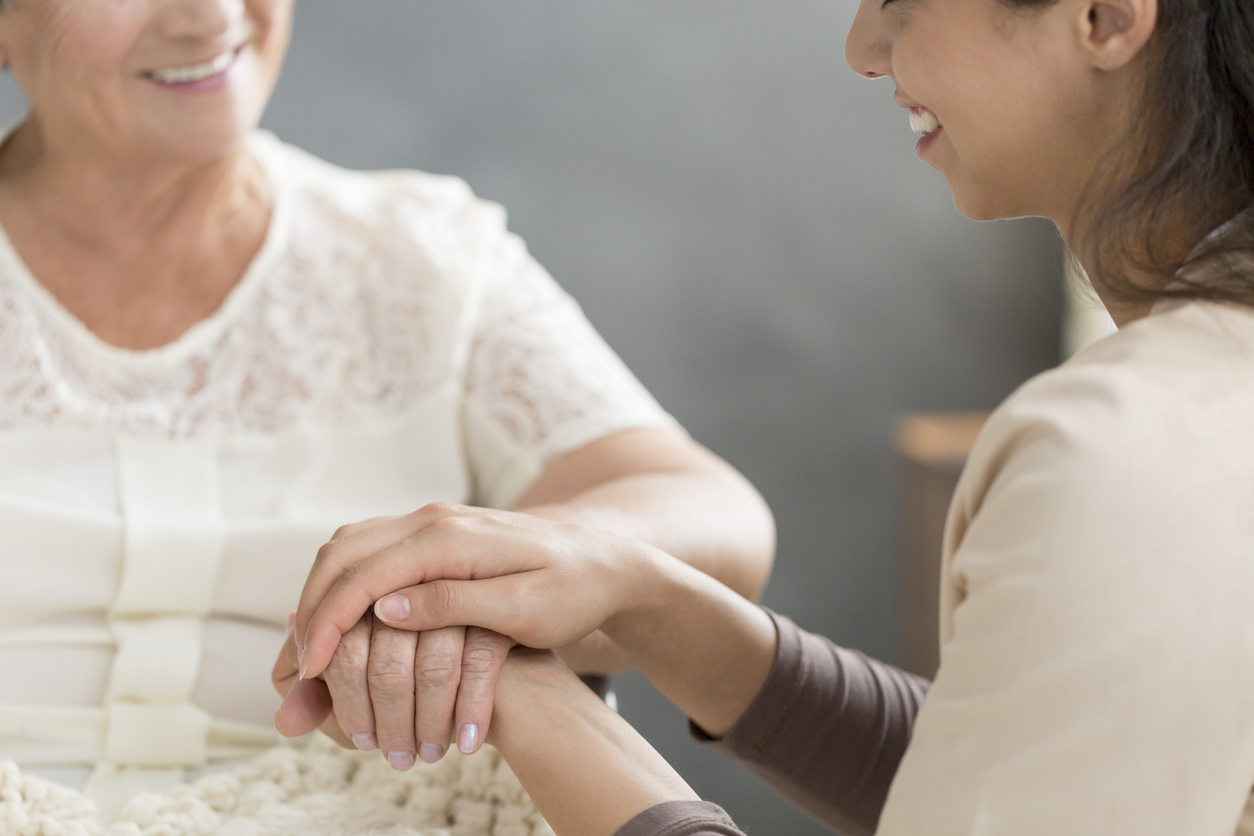
As a social worker specializing in hospice, I care for people in times that can be raw and emotional. Intense conversations are not uncommon, and there are two questions I hear a lot.
From the patients, “How long will I live?”
From their loved ones, “How will I live without them?”
You might think these questions are about death and dying, but it’s actually the opposite. Hospice is about life and living.
The patients and families who enter hospice care already know time is limited. What they often don’t know—but want to learn—is how to make the most of their remaining time.
For many people, living their best life means getting things off their chest, and I’m happy to lend an ear.
Folks are honest at the end of life. My conversations with patients are whatever they want them to be. Sometimes we exchange gentle, humble reflections. I also see anxiety, anger and frustration.
Some people wish to forgive others, even themselves. Some want to get their affairs in order.
Whether it’s comfort or assistance they seek, I’m honored to help however I can.
Every morning I say a prayer of gratitude to God because I am alive and my joy for living doubles when I can bring comfort to my patients and their families.
My views of hospice care are the product of my personal story.
I am a Korean American who was born overseas. In Korea I earned a bachelor’s degree in social work before my family and I moved to the U.S. to pursue the American dream.
Building a new life in a strange world was hard. For many years I was most comfortable holding jobs in the Korean community.
Then at the age of 40, I decided I wanted to grow and help others, so I went back to school to earn my master’s degree in social work.
My first period in social work lasted 10 years. I worked in senior housing, then managed a Medicaid program for a visiting nurse agency.
After that I got married and decided to retire from social work. But my retirement didn’t last long. To my surprise, it wasn’t easy to separate myself from a life of helping others.
There is a Korean saying: Joy becomes doubled when you share it with others, and sadness becomes less when you share it with others.
During my hiatus I reflected on this statement, the meaning of my work, and why I entered social work in the first place. The work was calling me back, but I wanted to return in a new way.
Hospice care, I decided, was the next place for me to bring my skills, empathy and lifetime of wisdom. This calling brought me to HopeHealth, where I’ve been ever since.
We all live just one life in this world. Each is precious and valuable, no matter who we are or how we have lived.
Every morning I say a prayer of gratitude to God because I am alive and my joy for living doubles when I can bring comfort to my patients and their families.
We all live just one life in this world. Each is precious and valuable, no matter who we are or how we have lived. We have a responsibility to live to the best of our ability, but we cannot do it alone. We must do it with others.
That is why, when patients and families ask me for guidance, I encourage them to live courageously. I help them to do so.
And as they share their dignity and humanity with me, they remind me why my life has meaning, too.
Yoomin Chu is a medical social worker specializing in hospice at HopeHealth.

